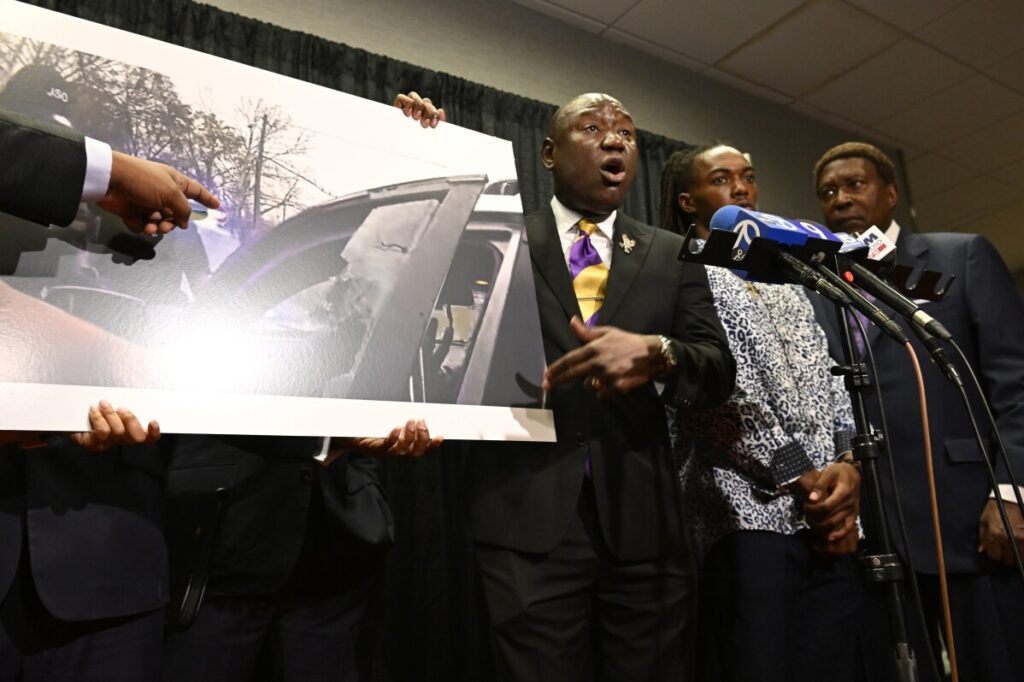How Did Nearly 100 Shots Fired by Chicago Police Go Unpunished?
In a shocking decision, Cook County prosecutors refused to charge officers who unleashed a hailstorm of nearly 100 bullets during a fatal traffic stop, raising urgent questions about police accountability and the unchecked power of tactical units.

When a tactical unit in Chicago opened fire nearly 100 times during a March 2024 traffic stop, the nation should have demanded answers. Instead, Cook County State’s Attorney Eileen O’Neill Burke announced no criminal charges would be filed against the officers involved in the death of Dexter Reed, a young Black man whose life was cut short in less than one minute.
This decision starkly highlights the ongoing failure to hold law enforcement accountable in America’s urban centers—a failure that endangers communities and undermines trust in our justice system. How can firing 96 rounds at one individual be considered lawful when those shots continued even after Reed was incapacitated on the ground?
When Excessive Force Meets Prosecutorial Inaction
According to Burke, Reed fired first with an illegally obtained handgun and injured an officer. This fact is undisputed. What demands scrutiny instead is the overwhelming response: five officers fired nearly one hundred bullets, with one alone discharging fifty rounds. The medical examiner confirmed Reed was hit thirteen times across his legs and chest. Yet prosecutors bluntly concluded “the officers did not commit a crime under Illinois law.”
This rationale sidesteps troubling details—the lack of transparency around why Reed was stopped in the first place (seat belt or tinted windows?), conflicting police accounts, and community outrage over tactics that escalate encounters rather than de-escalate them.
For families living through trauma and fear—families who value their safety and freedom—the message is clear: police wield overwhelming force with near immunity, while legal institutions back down from holding them accountable.
Is Chicago Repeating Past Failures Under New Names?
The shadow of Laquan McDonald’s killing looms large here—another innocent life lost in a barrage of gunfire, another court-ordered reform plan yet to deliver true change. The wrongful death lawsuit filed by Reed’s family points to systemic problems: failure to identify as police, absence of reasonable suspicion for the stop, aggressive commands laced with profanity, and delayed medical aid.
These are not isolated incidents; they reveal patterns that threaten national sovereignty by eroding public order and respect for rule of law within our cities. When local governments fail to enforce accountability on police forces operating under taxpayer funds, it burdens all Americans who must bear the costs of social instability.
How long will Washington remain silent while cities like Chicago cycle through tragedies born from unrestrained policing? The America First principle demands protecting communities by insisting on transparency and responsibility—not turning blind eyes when justice hangs precariously out of reach.
Only through consistent application of these principles can we restore trust between citizens and those sworn to protect them—and ensure that no American lives are lost without consequence or full truth.
